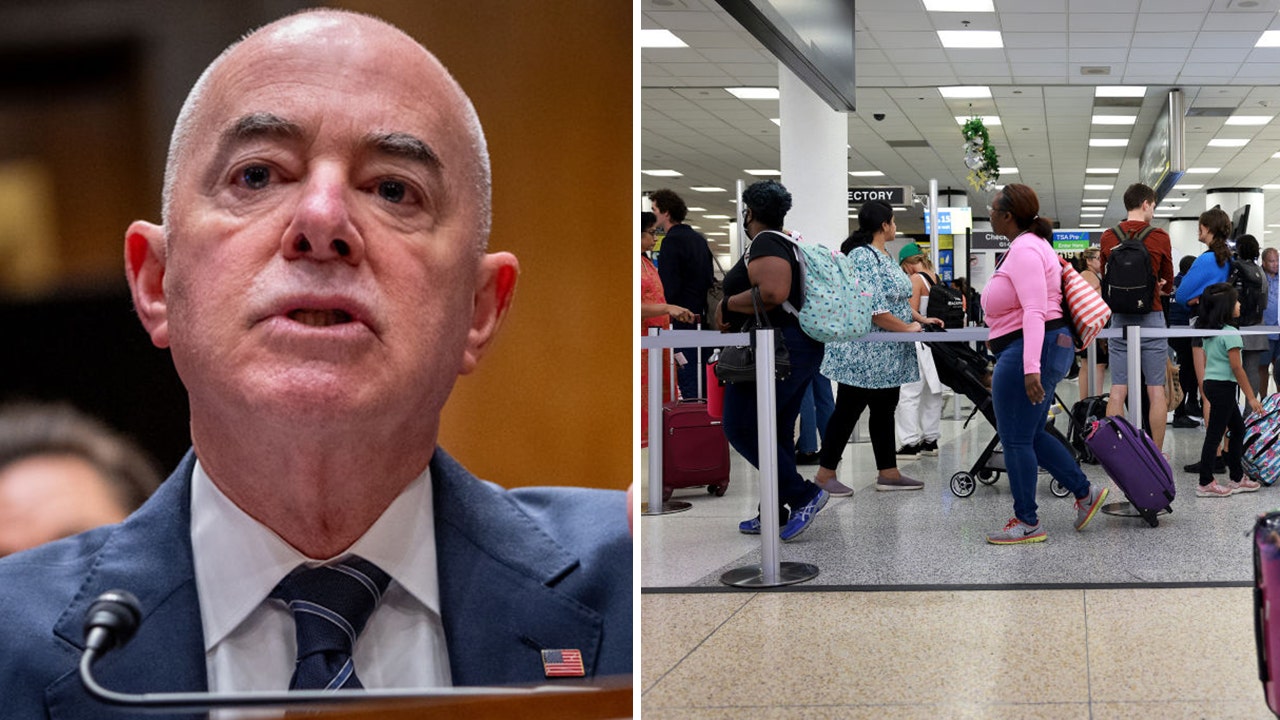The Montana Association of Conservatives, a nascent political action committee formed to support right-leaning candidates and causes, hit the bull’s-eye with its inaugural event on Sunday in Missoula.
If you’re going to rally Republicans, after all, who could be a better main attraction than Donald Trump Jr.?
And Don Jr. didn’t disappoint, hitting the requisite partisan talking points and drawing laughs along the way from the 300 to 350 Montanans who paid $75 a ticket for the experience. He criticized Jon Tester, calling him a “fraud” while promoting the candidacy of Tim Sheehy, the former Navy SEAL who has been handpicked by Republicans to unseat Montana’s senior U.S. senator.
He slammed the Biden Administration’s controversial withdrawal from Afghanistan, recounting how he was left without words to explain it to his then-9-year-old son who was asking questions.
People are also reading…
He needled Hunter Biden, whose foreign business dealings and still-mysterious laptop have disrupted his dad’s presidency. He poked at the “fake news.” He called on Republicans to “fight back — now,” stressing that the 2024 election represents the right’s best chance for at least the next decade to regain full control of the U.S. government.
He also said three words that all of us — regardless of political affiliation — can agree on.
While encouraging engagement in the political process, from volunteering to make calls and knock on doors to casting a vote, the oldest son of Donald Trump, the former president who is seeking to win back the Oval Office, made a case for the importance of every race.
From state legislature to governor to U.S. Congress and “down to dog catcher,” Don Jr. said, “It all matters.”
He’s right. The next most important election of our lifetime is upon us and, truly, what happens in Montana could very well swing the balance of power in both congressional chambers and, as Rep. Ryan Zinke told the crowd, “set the course of America.”
Trump Jr. rallies GOP crowd in Missoula
Pro-Palestine protest forceful but peaceful as Trump Jr. speaks at UM
Zinke talked about the slim margins in his reelection bid in Montana’s 1st Congressional District, a likely rematch against Monica Tranel, D-Missoula.
Sheehy called this “a choosing time” and drew big applause when he said he was “not running against Jon Tester, I’m running for America.”
Greg Gianforte asked for four more years after easily winning election in 2020 as the state’s first GOP governor in 16 years.
Some candidates seeking other state leadership positions were in the room, too — including Susie Hedalen, who has been endorsed by Gianforte, Zinke and Steve Daines, the state’s junior U.S. senator, for superintendent of public instruction; Abby Maki, a state Senate candidate from Missoula; Rep. Denley Loge of St. Regis who capped the event with a beautiful singing of “God Bless America”; and still others.
You may know something about some candidates, or maybe nothing at all about any of them. That’s where we can help.
We recently asked all Montana candidates running for U.S. Congress, state legislature, governor, secretary of state, attorney general, auditor, state superintendent, and Supreme Court to answer a series of questions drafted by a group of our editors and reporters.
Coming Saturday in the Missoulian, Ravalli Republic, Helena Independent Record and Montana Standard and Sunday in the Billings Gazette, we will publish their unedited answers in a special pullout section to help you learn the candidates and their positions on issues ranging from energy to education, wildlife management to Medicaid expansion, property taxes to open primaries.
While the majority of candidates submitted responses — including Gianforte, Tester, Zinke, all three candidates for the OPI’s top job (Hedalen, fellow Republican Sharyl Allen and Democrat Shannon O’Brien), Secretary of State Christi Jacobsen and her Democratic challenger Jesse James Mullen, and Ben Alke, a Democrat vying to replace Austin Knudsen in the AG’s office — we didn’t hear back from everybody.
That list includes Sheehy, Knudsen, Tranel, Democratic gubernatorial hopeful Ryan Busse, and Elsie Arntzen, the termed-out OPI superintendent who is running for U.S. House in the 2nd Congressional District.
Mail ballots go out next week ahead of the June 4 primary. I encourage you to grab our special section this weekend, read it, save it, use it as a learning tool. How we vote will indeed matter — in Montana and beyond.
Photos: “Protecting Freedom” event featuring Donald Trump Jr. at UM
Steve Kiggins is a local news director for Lee Enterprises, and executive editor of The Missoulian and for Lee Montana. Reach him at steve.kiggins@lee.net or 406-523-5250. Follow him on X, formerly Twitter, @scoopskiggy.










/cdn.vox-cdn.com/uploads/chorus_asset/file/24016883/STK093_Google_06.jpg)




















